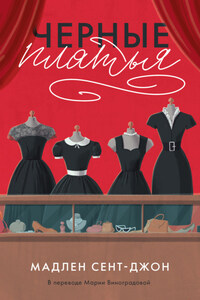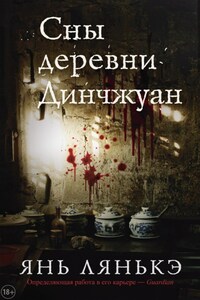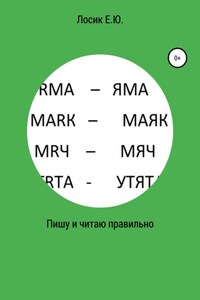London, England—2007
In Zia Piera’s wardrobe I can find anything from a fluorescent paisley dressing gown from 1963 to a pair of dejected Baghdad trousers with a jarring 1980s print. Hipsters would salivate over the latter. I’ve never grasped the concept of ironic dressing. I’m not a girl who could spend a day with that geometric noise on me. I like the anonymity of my half-dozen washed-out T-shirts and two pairs of jeans. It makes packing for my travel writing a swift affair so I can use my time for more fulfilling tasks like eating food I don’t recognize and can’t pronounce or sniffing out the local inebriation haunts in whichever nook of the globe my work has zapped me to.
I catch my reflection in the mirror on the inside of the wardrobe door as I open it. My body is straight as a board. My head is topped with a mass of rebellious black curls perched above a “thinker’s” nose, as my uncle calls it, with little to ogle at in between. The mirror and I are fair-weather friends. My ancestral line suggests a predisposition to ample bosoms, a pert ass, irresistible olive skin, and those gooey chocolate eyes guys fall into, just like any prime example of a Sardinian female. My sister, not I, received such gifts at birth.
I’m inept at ironing, blow drying, and nail painting. I don’t lick my floors clean, wipe the sink with bleach after use, or stash half a pharmacy of feminine hygiene washes. I escaped those Italian manias. Doesn’t mean I can’t cook the best gnocchetti I’ve ever tasted, roast a suckling pig to perfection, and tell you the year any particular Cannonau red wine was barreled—just by the smell. I also give up very, very rarely, on anything. Ever. This alone proves I am not, in fact, adopted.
I peel off Zia Piera’s tailored jacket, which, out of respect for my mother, I had borrowed for the service this morning to disguise myself as a bona fide Italian grown-up. I reach inside the wardrobe for a hanger. The five decades of hoarding clothes means there are suitable outfits for all occasions—whether it’s a solemn day, like today, or a frivolous night at my best friend’s house when she’s ordered me to play a Russian duchess, complete with mink stole and sequins, at one of her murder mystery parties with her Shoreditch actor mates. I prefer necking espressos and whiskey, just the two of us, but her thespy darlings are good company when all is said and done, even if they spend too much time arguing over which locally brewed botanical spirit deserves supreme worship. I fit the jacket around the hanger and squeeze it into a narrow space on the burdened rack. Then I grab my tobacco out of my pocket and walk into my parents’ spare room, slumping onto the bed to roll up.
Zia Piera’s funeral this morning has emptied my tank. My aunt died five days ago. We had all taken turns to sit by her throughout the day and evening that led to the night she passed. She was skeletal, disappearing into the bedsheets. My ten-month-old nephew had refused to settle down to sleep in the next room; my sister was over to help and looked gaunt with worry and frustration. Sometimes Zia Piera’s expression reminded me of my sister during labor. The pain, like contractions, seemed to come in waves. In between, she would settle, the thin skin on her cheeks hollowing into her face.
When my mother entered, not long before midnight, she’d taken one look at her sister and asked me to call for the doctor. I did. We’d helped Zia Piera onto a chair beside the bed when he arrived. He spoke softly, as if he was interrupting, like someone shuffling along a full row of seats in the middle of a play. “I’m going to ask you a few questions, Piera,” he’d said.
She nodded.
We looked at him.
“Can you tell me where it hurts?” he’d asked.
Mum and I turned back to Zia Piera.
In the second it took for us to do so, she had taken her last breath.
The doctor offered condolences. We all began talking in whispers. He started filling out forms. My mother had tapped into her nurse background and performed all the necessary procedures with clinical calm. My sister’s baby finally fell asleep, as if he had intuited the release in the room next to his. My father brought up a bottle of








